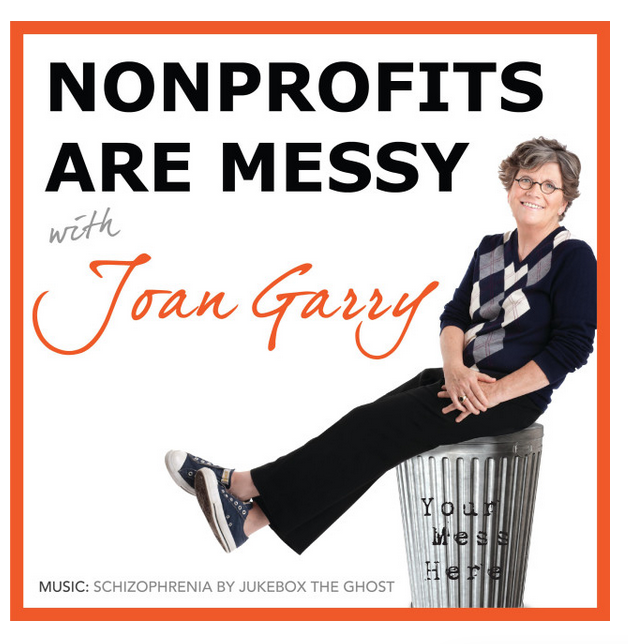So what’s the second sentence? — Frequent Questions
Q: I see you want me to write about how important issue X is. So what’s the second sentence?
A: […]?
I love my clients, I really do. But for a while there I had to trot that question out at pretty much every meeting I had with one of them. Until the day they started asking it themselves. (I was so proud.)
You see, they always wanted me to write about Issues of the Day. Usually, about how Important they were. And Good, very Good.
But it’s hard to make that a particularly interesting read:
Company X supports baseball and apple pie.
So I came up with that question:
“What’s the second sentence?”
It got ’em every time. But it started a conversation, and out of that conversation we’d usually find a story or two. And a point of view. On a good day for me, that point of view might even have an edge, something vaguely approaching conflict, if not controversy.
 Because that’s what you need when you’re writing op-ed essays or other pieces designed to persuade. You need a point of view—preferably one different than someone else’s point of view.
Because that’s what you need when you’re writing op-ed essays or other pieces designed to persuade. You need a point of view—preferably one different than someone else’s point of view.
So you can imagine my delight when I heard pretty much those same sentiments coming out of my car’s speakers today. One of my favorite podcast hosts, the always insightful Joan Garry, was interviewing master storyteller Alex Blumberg.
Another way to ask the second sentence question
Blumberg cut his teeth as a producer on the radio show This American Life and now runs podcast juggernaut Gimlet Media, so he knows from telling stories. He and Joan talked for a bit about how to frame stories about issues—Joan’s core audience members run nonprofits, so they always have issues to talk about.
Blumberg said that sometimes he’d have producers come to him and say things like, “I want to tell a story about poverty,” for instance. And he’d say:
“Okay. So what are your questions about poverty?”
You can see why I liked the guy.
Usually, they hadn’t thought that far. Just that poverty was Bad and they wanted to show that
But who doesn’t know that already? So if you want to talk about the issue, you have to find a fresh angle. You have to ask questions. You have to think about the second sentence.
As Blumberg said (I’m paraphrasing, I think):
One of the biggest mistakes people make is assuming that because they’re talking about an Important Issue, people will automatically pay attention.
So what’s the second sentence? Figure that out and you’ve got a shot at creating a memorable piece of writing.